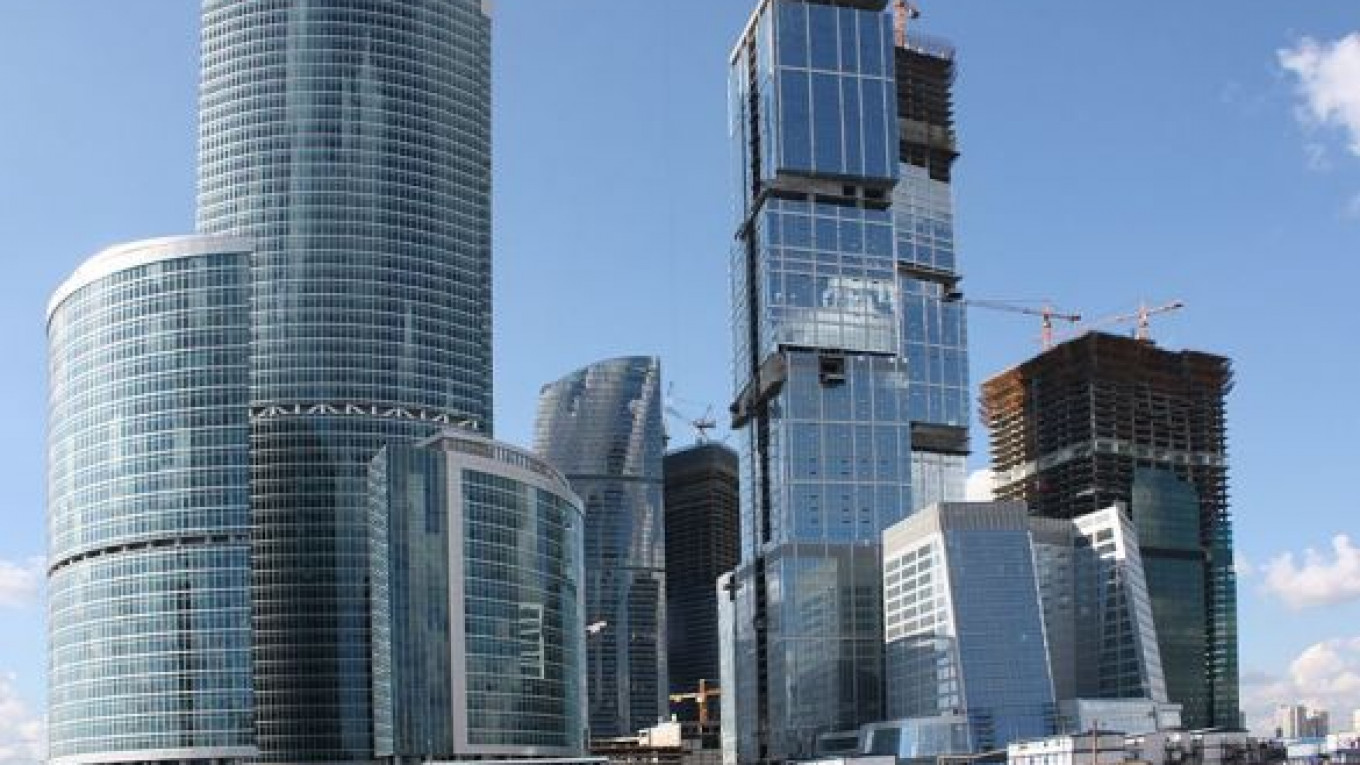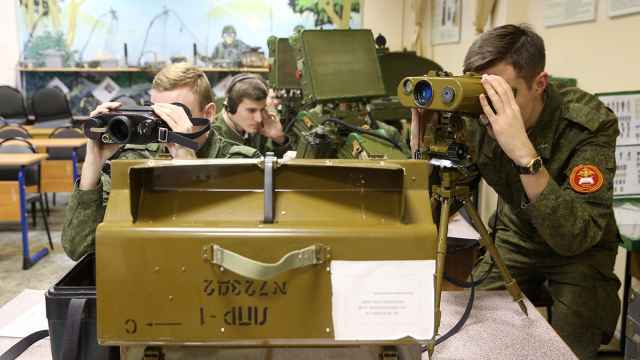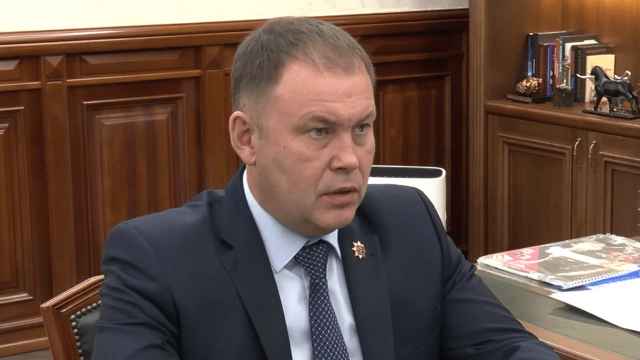Nine of out ten employees of the world's most successful companies say that their supervisors are encouraging staff to focus on work effectiveness, while less than half of Russian companies' top managers do so, a survey released Friday showed.
The "best companies for leadership" annual survey by the Hay Group management consulting firm, which included Russian companies for the first time this year, showed substantial differences between the Russian companies' practices and those of the foreign corporations that earned top ratings in the survey.
Among the world's "top 20" best companies, 75 percent issue bonuses for effective work, compared to only 15 percent of Russian companies, Hay Group said in an emailed statement.
While 89 percent of employees at leading global corporations said their supervisors are encouraging effective work, only 44 percent of top managers in Russia received credit for focusing on effective business practices, the survey said.
This year's list of the "top 20 best companies for business," published on the Hay Group website, included Procter and Gamble, followed by Microsoft, General Electric, Coca-Cola, Unilever, and others.
Russian companies scored high, however, on welcoming innovation and new ideas from their employees, nearly matching the results of the global leaders. Among the Russian respondents, 66 percent said their supervisors welcomed innovative proposals, compared to 71 percent globally.
But when it came to implementing innovation, only 39 percent of Russian companies were willing to provide their employees with the means and resources, compared to 68 percent among the international "top 20."
More than three fourths of top global companies set challenging and "aggressive" goals for their employees, while only 28 percent of Russian companies do so.
The vast majority, or 85 percent, or Russian respondents reported having to work on "mutually exclusive" goals, compared to 30 percent of employees globally, the statement said.
The survey was conducted among 18,000 employees of 2,000 companies from 125 countries, including 459 employees from 74 Russian firms and Russian affiliates of international organizations. It provided no margin of error.
A Message from The Moscow Times:
Dear readers,
We are facing unprecedented challenges. Russia's Prosecutor General's Office has designated The Moscow Times as an "undesirable" organization, criminalizing our work and putting our staff at risk of prosecution. This follows our earlier unjust labeling as a "foreign agent."
These actions are direct attempts to silence independent journalism in Russia. The authorities claim our work "discredits the decisions of the Russian leadership." We see things differently: we strive to provide accurate, unbiased reporting on Russia.
We, the journalists of The Moscow Times, refuse to be silenced. But to continue our work, we need your help.
Your support, no matter how small, makes a world of difference. If you can, please support us monthly starting from just $2. It's quick to set up, and every contribution makes a significant impact.
By supporting The Moscow Times, you're defending open, independent journalism in the face of repression. Thank you for standing with us.
Remind me later.






